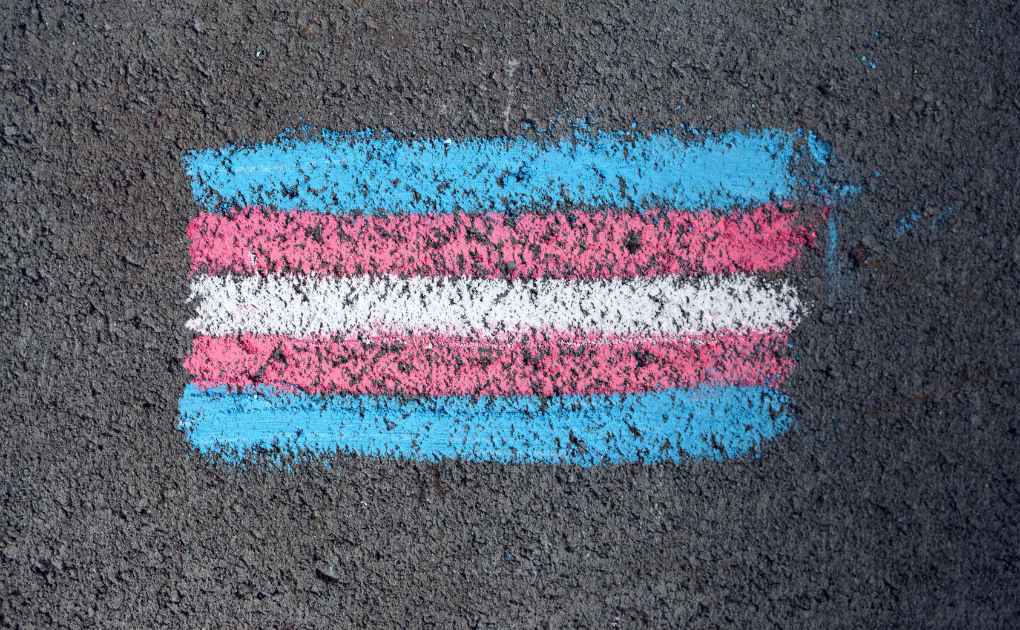
By Erin Reed | SALT LAKE CITY, Utah – On Monday, the Utah Senate Business and Labor Committee passed House Bill 257, a bill that would ban transgender individuals from using bathrooms corresponding to their gender identity unless they had their birth certificate changed and had undergone gender reassignment surgery.
Such birth certificate updates are not allowed in a growing list of states. The bill would also end nearly all legal recognition for transgender people in Utah by defining “sex” in a way that excludes them from all state laws.
The bill faced fierce opposition, with 47 speaking against and 10 in favor. Despite the strong opposition, it passed the committee with a 5-3 vote, with one Republican joining the Democrats. It now advances to the full Senate floor for final passage.
Among those who testified at the hearing was Eva Chaves, the Salt Lake City Councilmember for District 4. She testified that the bill would have enormous implications for law enforcement.
Addressing the bill, she stated, “A transgender person accessing a facility could be charged with criminal trespass and voyeurism even if the person has an amended birth certificate if they have not undergone a major medical procedure. This puts our officers in an untenable position of verifying sex changes.”
Her position is supported by the plain language of the bill. House Bill 257 stipulates that transgender individuals will be charged with trespassing unless they have completed gender reassignment surgery and obtained a birth certificate showing their updated gender marker.
Such gender marker changes are currently not possible in several states, and the list of those states continues to grow, with over a dozen bills that would ban legal recognition of transgender individuals. Even for those with updated gender markers, should they come under investigation, they may be forced to prove their surgical status, a process that could involve examination.
The bathroom bans apply to a large swath of buildings that are partially or fully government funded, and include:
- The Salt Lake City Airport
- All public schools and universities
- Many hospitals
- Many convention centers
- Libraries
- Government buildings
- Park buildings
- Rest stops
Many people pointed out the dangers that the bill would pose to cisgender people as well. One constituent, Di Lewis, identified herself as a cisgender woman and stated, “it opens the door not just to discrimination against trans people, which has already been eloquently spoken about by everyone else, but cis people as well who do not fit neatly into stereotypical gender presentations.”
She added, “The bullying that Senator Birkeland claims to want to prevent will instead just spill over to tomboys, tall women, women with deep voices, and black women often seen as more masculine than their white peers.”
There are many examples of cisgender women being targeted under bathroom bans and policies. Should they come under investigation, they may be forced to “prove” their gender through both their birth certificate and exams of their reproductive anatomy. The sponsors of the bill had no answer to how such exams would be handled.
The bill faced heavy opposition from various legal organizations, as well as the Salt Lake City Council and the Salt Lake County District Attorney’s Office. In a statement about the bill, the Salt Lake City Council indicated its opposition, noting that it sends a hostile and demeaning message to transgender residents. Representing the Salt Lake County DA, Will Carlson, stated opposition due to the fact that the bill does not require any criminal intent to be charged with a crime. In total, opponents outnumbered proponents 5:1 at the hearing.
When it came time to vote, Senator Todd Weiler, a Republican, spoke out against the bill, citing the threat to federal funding, constitutional issues, and the consequences of forcing transgender men into women’s restrooms “with full beards.” He was joined by Democratic Senators Karen Kwan and Nate Blouin in critiquing the bill. Senator Kwan called for compassion, while Senator Blouin addressed the bill succinctly: “I just want to remind us in the room… this is the third year in a row we have addressed these issues. Where does it end?”
The bill, having already passed the House, advanced on a 5-3 vote. It will now go to the Senate floor for final passage. Should the bill become law, Utah will become the second state to earn a “Do Not Travel” designation on the Transgender Risk Assessment Map, indicating that transgender people passing through the state could be at legal risk.



